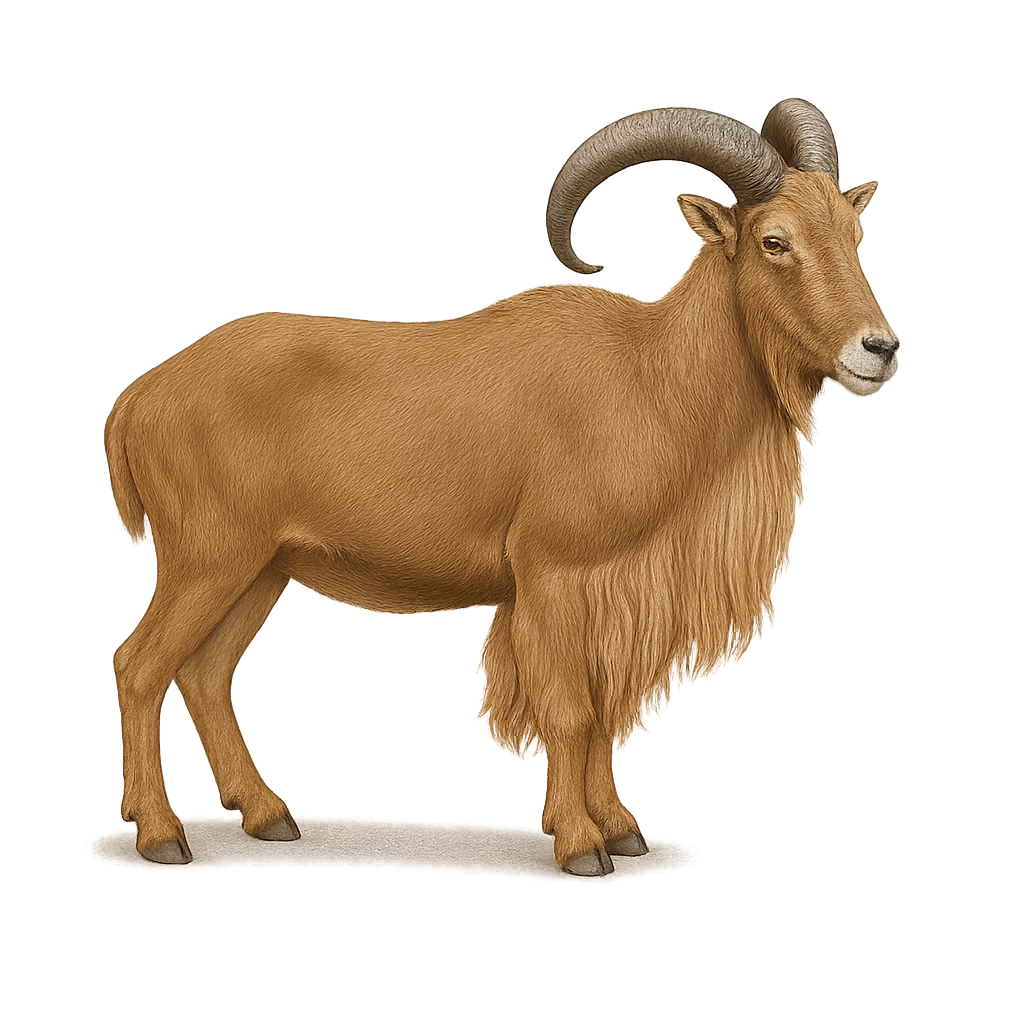Your wildlife photography guide.
Explore the barbary sheep in detail, study its behavior, prepare your shots.
Where to observe and photograph the barbary sheep in the wild
Learn where and when to spot the barbary sheep in the wild, how to identify the species based on distinctive features, and what natural environments it inhabits. The WildlifePhotographer app offers tailored photography tips that reflect the barbary sheep’s behavior, helping you capture better wildlife images. Explore the full species profile for key information including description, habitat, active periods, and approach techniques.
Barbary sheep
Scientific name: Ammotragus lervia

IUCN Status: Vulnerable
Family: BOVIDAE
Group: Mammals
Sensitivity to human approach: Suspicious
Minimum approach distance: 30 m
Rut period: September to October
Gestation: 160-170 jours
Births: February to March
Habitat:
Rocky mountains, deserts, steppes
Activity period :
Primarily active during the day, with peak activity in the morning and late afternoon.
Identification and description:
The Barbary sheep, or Ammotragus lervia, is a robust caprid native to the mountains of North Africa. It is characterized by a mane of long hair that runs down its neck and forelegs. Its coat is typically tawny, allowing it to blend into the arid, rocky landscapes it inhabits. Adapted to desert environments, it can survive with minimal water, extracting necessary moisture from its food. Males have large, backward-curving horns used in dominance battles. The Barbary sheep lives in small groups and primarily feeds on grasses, leaves, and shrubs.
Recommended lens:
400 mm – adjust based on distance, desired framing (portrait or habitat), and approach conditions.
Photography tips:
To photograph the Barbary sheep, it is advisable to use a telephoto lens of at least 400mm to capture detailed images from a distance. Given their suspicious behavior, it's best to remain discreet and blend into the environment. The best times to observe them are early morning or late afternoon when the light is soft and flattering. Opt for backlit shots to highlight their distinctive silhouette and mane.
From knowledge to field practice
A species profile helps you understand an animal. In the field, the challenge is often different. Remembering your own observations.
The WildlifePhotographer app allows you to:
• record your personal observations
• note locations, dates, and behaviors
• revisit your field references over time
• build a private and long-term field logbook
The app does not provide observation locations.
It helps you organize what you actually observe, with respect for wildlife.

